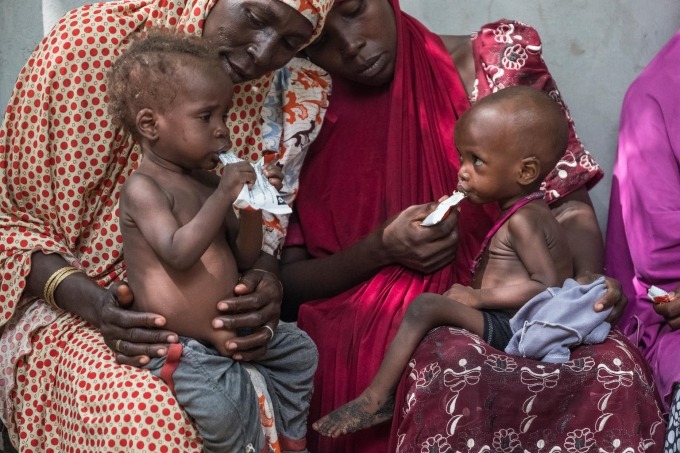A report by Médecins Sans Frontières (MSF) has revealed that over 40,000 children have been treated for malnutrition in Kano in 2024 and that the children brought to MSF-supported facilities primarily come due to malnutrition but upon screening, most of them are found to also have malaria.
The report said from January to May 2024, about 9,000 of the 14,000 children diagnosed with malnutrition have tested positive for malaria after screening, stressing that malaria and malnutrition have a complex relationship, with malnutrition increasing the risk of malaria and malaria increasing the risk of malnutrition.
The report also explained that this relationship can lead to a cycle of malnutrition and malaria, which can be especially harmful to children under five.
According to MSF Medical Coordinator in Nigeria, Dr. Yanu Mbuyi, malaria can reduce the child’s appetite and as such increase the child’s chances of being malnourished.
“Malaria can reduce appetite and make it harder for the body to absorb nutrients, leading to malnutrition. Conversely, malnutrition can weaken the immune system, making children more susceptible to infections like malaria,” he said.
Similarly, the report added that MSF teams in Kano have observed a distressing increase in the number of children suffering from malnutrition, as evidenced by the rise in admissions, adding that in 2022, MSF treated 7,798 children for malnutrition; and the number rose to 23,800 in 2023 and 46,304 in 2024.
“What we had in 2024 was a twin peak of malaria and malnutrition with 36,546 confirmed cases of malaria, the highest number recorded since we started working in Kano,” the report indicated.









